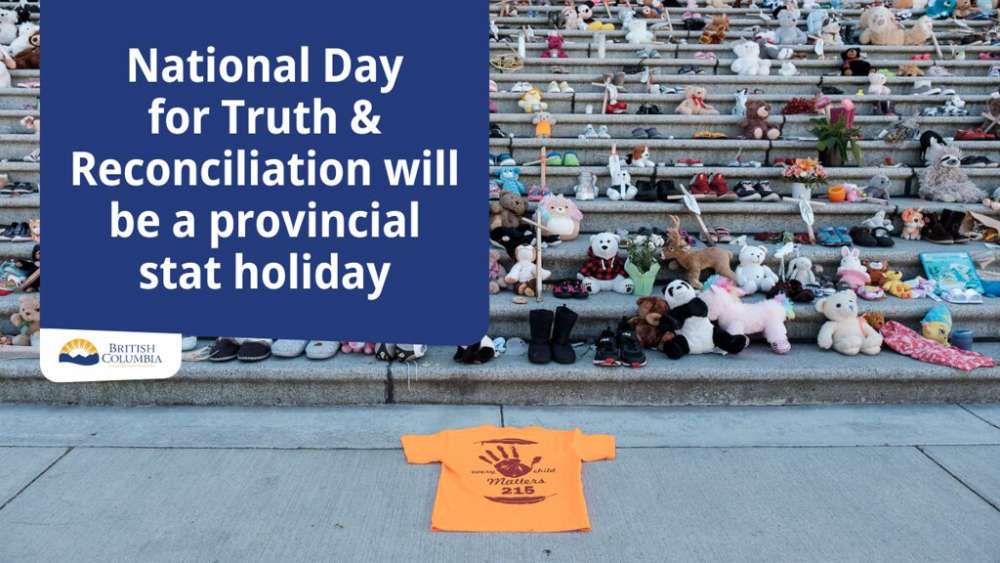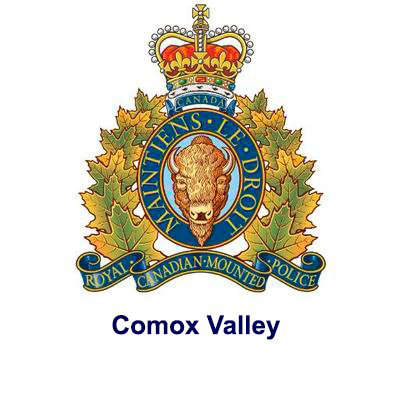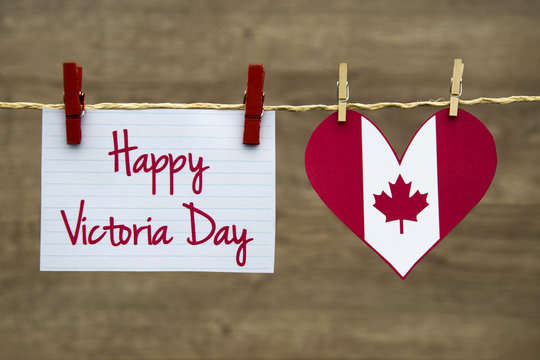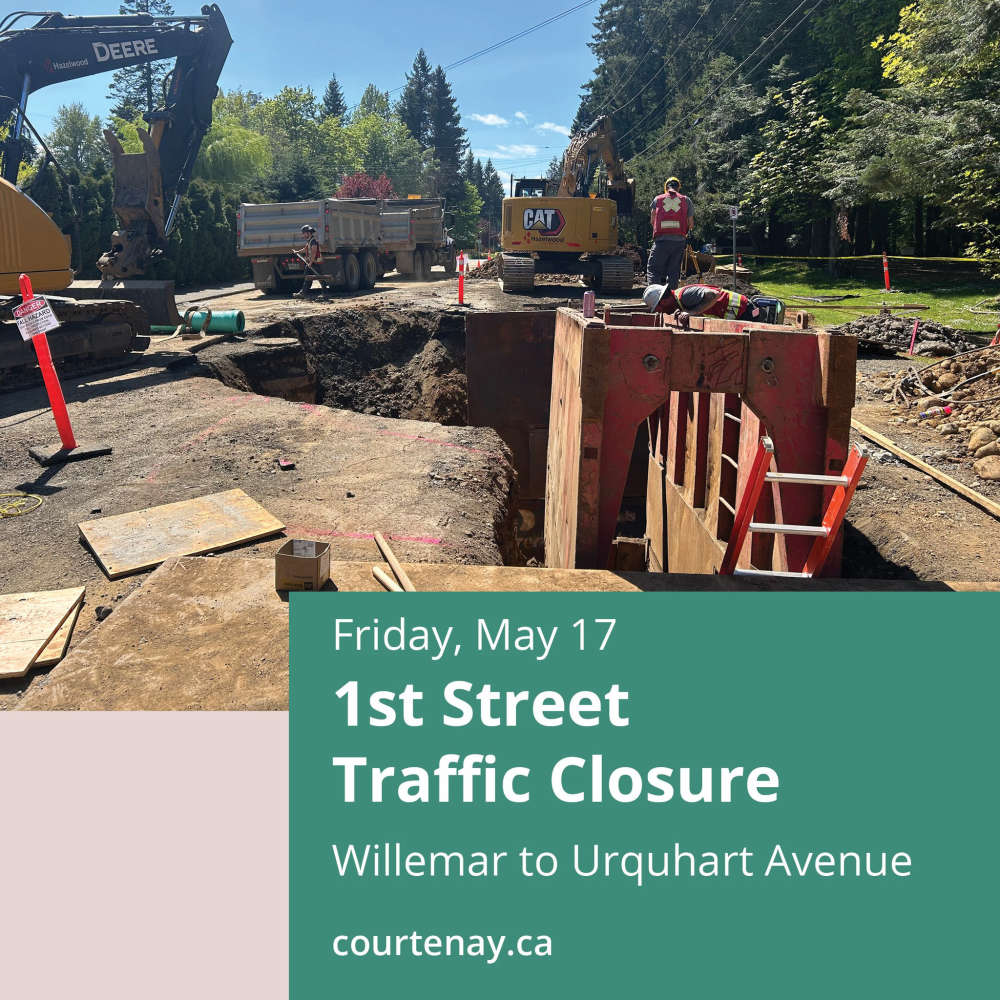
The National Day for Truth and Reconciliation will be enshrined in B.C. law to honour the strength and resilience of residential school survivors and remember the children who never came home.
This new provincial statutory day of commemoration responds to the Truth and Reconciliation Commission's Call to Action No. 80, which called on the federal government to establish a holiday to honour survivors, their families, and communities.
If passed, British Columbia will join Canada, Prince Edward Island, the Northwest Territories, Nunavut, and the Yukon as jurisdictions that have designated Sept. 30 as a statutory holiday.
Phyllis Webstad with the Orange Shirt Day Society says the move will help to ensure that what happened to Indigenous Peoples “will never happen again and will never be forgotten."
If passed, more British Columbians will be able to get involved in advancing reconciliation by participating in local commemoration or education events, having important conversations with their families, their friends, and their communities, and finding meaningful ways to learn more about shared history.
The Ministry of Indigenous Relations and Reconciliation sought feedback from Indigenous Peoples on how best to observe the day in B.C. The Ministry of Labour also consulted with employers and workers.
Minister Murray Rankin says the day “is about taking time to reflect on the experience of residential school survivors and their families, while learning about and honouring the strength, resilience, and contributions of Indigenous communities” in the province.
 Comox Valley RCMP Say Teenager Found Safe, But Seeking 53-Year Old Missing Man
Comox Valley RCMP Say Teenager Found Safe, But Seeking 53-Year Old Missing Man
 Communities To Celebrate Victoria Day This Weekend
Communities To Celebrate Victoria Day This Weekend
 A Lot To Enjoy At The Comox Air Show This Weekend
A Lot To Enjoy At The Comox Air Show This Weekend
 Road Closure On 1st Street In Courtenay Today
Road Closure On 1st Street In Courtenay Today
 Historic Haida Aboriginal Title Legislation Receives Royal Assent
Historic Haida Aboriginal Title Legislation Receives Royal Assent
